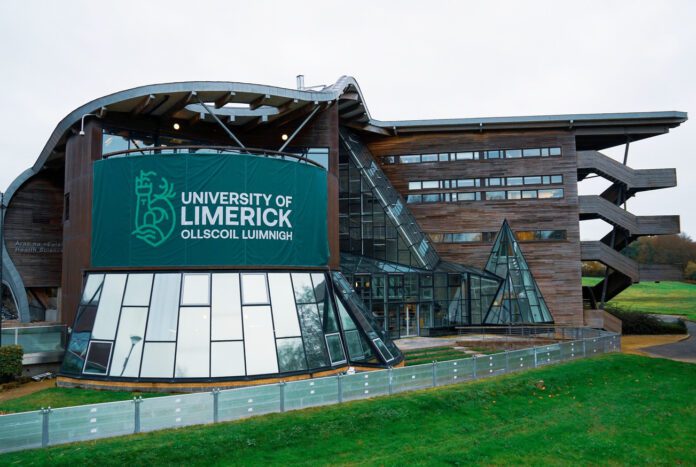
THE PURCHASE of the former Dunnes Stores building in Limerick City by the University of Limerick has been criticised in an official watchdog report for having sought no formal valuation of the site before paying out €8million.
The Comptroller and Auditor General (C&AG) found that no formal valuation was done on the Sarsfield Street site prior to its purchase.
However the C&AG acknowledged that UL had followed proper procedures in the later controversial purchase of homes in Rhebogue, near its Castletroy campus.
Enquiring into what happened with the Sarsfield Street acquisition, C&AG found the university’s own finance and asset management committee (FHRAMC) was bypassed, even though it has a specific remit to evaluate and report on major capital acquisitions, and that the university used an external property adviser to negotiate the deal.
“Given the proposed additional spending of €5million on the site cost, and the potential change in the nature of the development, the lack of a FHRAMC evaluation should have been a key concern for the Governing Authority” the C&AG said.
On the lack of a formal valuation, the C&AG report added that “the university neither sought nor received a formal valuation of the building/site to underpin the offers submitted to the vendor or the final price agreed”.
“Under the Public Spending Code, at least one formal valuation is required prior to agreement of a property acquisition.”
The watchdog also found that apart from the advice and information received from the external property advisor, “no additional work appears to have been undertaken during final negotiations in relation to assessing the condition or development potential of the building or site at Honan’s Quay, any planning issues, legal issues, or the availability of funding for a potentially much bigger development”.
However, the C&AG found “evidence of proper, objective appraisal of the options” in relation to the purchase of 20 student houses in Rhebogue at a cost of €12million – almost twice the average price of similar houses in the area at the time.
The C&AG criticised the way in which the properties were valued, with the valued based on their potential rental yield.
UL said it fully accepts the findings and recommendations in the report.
In a statement, acting university president, Professor Shane Kilcommins, said that he wanted to assure staff, students, and external stakeholders, including the State, that UL will implement these recommendations without delay.
Prof Kilcommins said the recommendations would be incorporated into the university’s larger recovery plan.
“The report’s findings are very disappointing and are an understandable cause for anger and upset amongst our community. These events should never have occurred, and the university has paid a considerable price both in financial terms, due to the impairments carried on our accounts from both transactions, and in reputational terms,” he said.
He said while the report makes for uncomfortable reading, it is welcome and assists UL in establishing the truth of what took place.
Meanwhile, UL has cancelled its application to build a multi-million euro veterinary school due to “the circumstances the university finds itself in”.
UL staff were written to internally to announce that the Higher Education Authority has been advised “to withdraw UL’s expression of interest” in building the new school.
Ireland currently has just one school of veterinary medicine, located at UCD, and demand for places usually exceeds supply, forcing many students to go abroad or choose other career paths.


